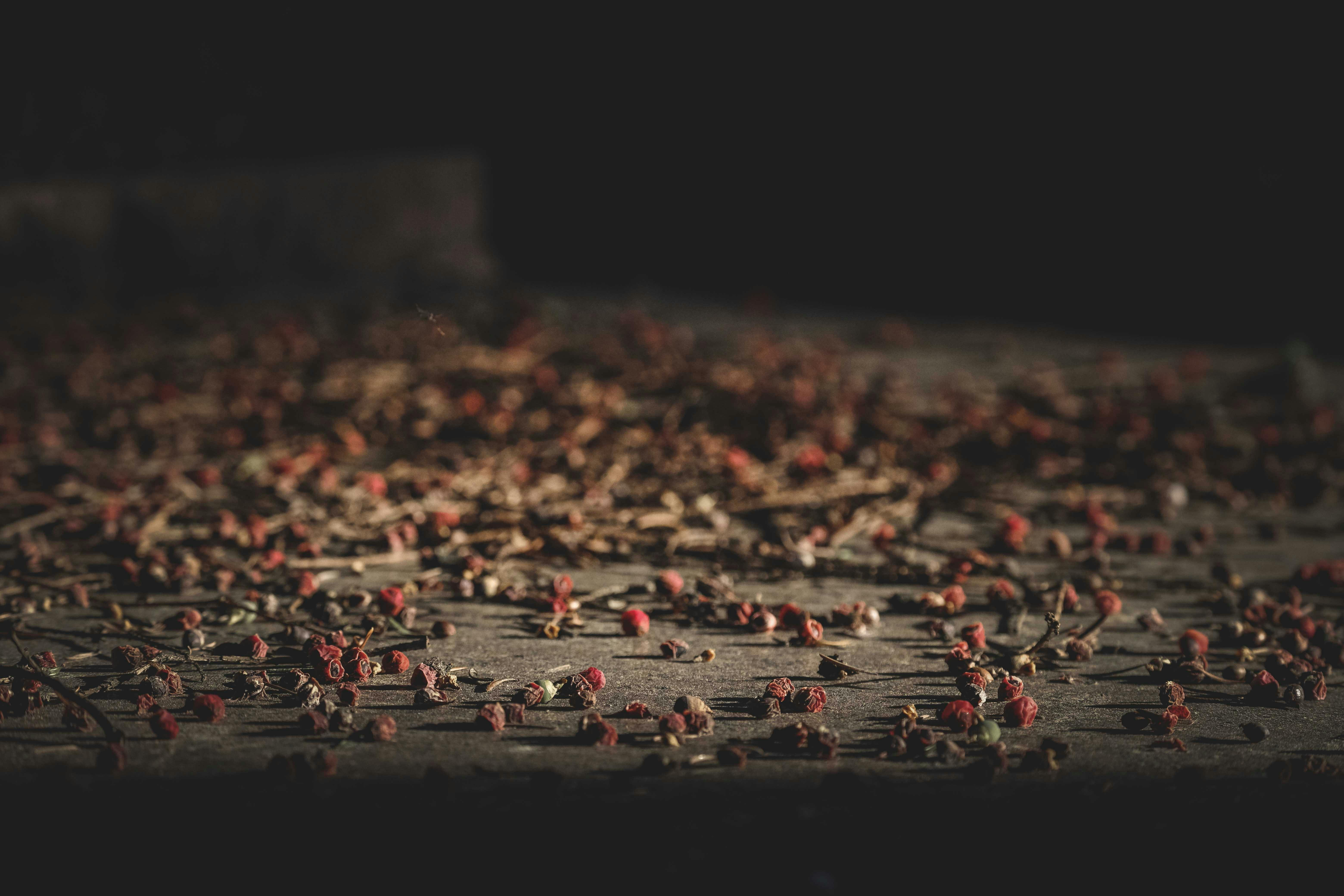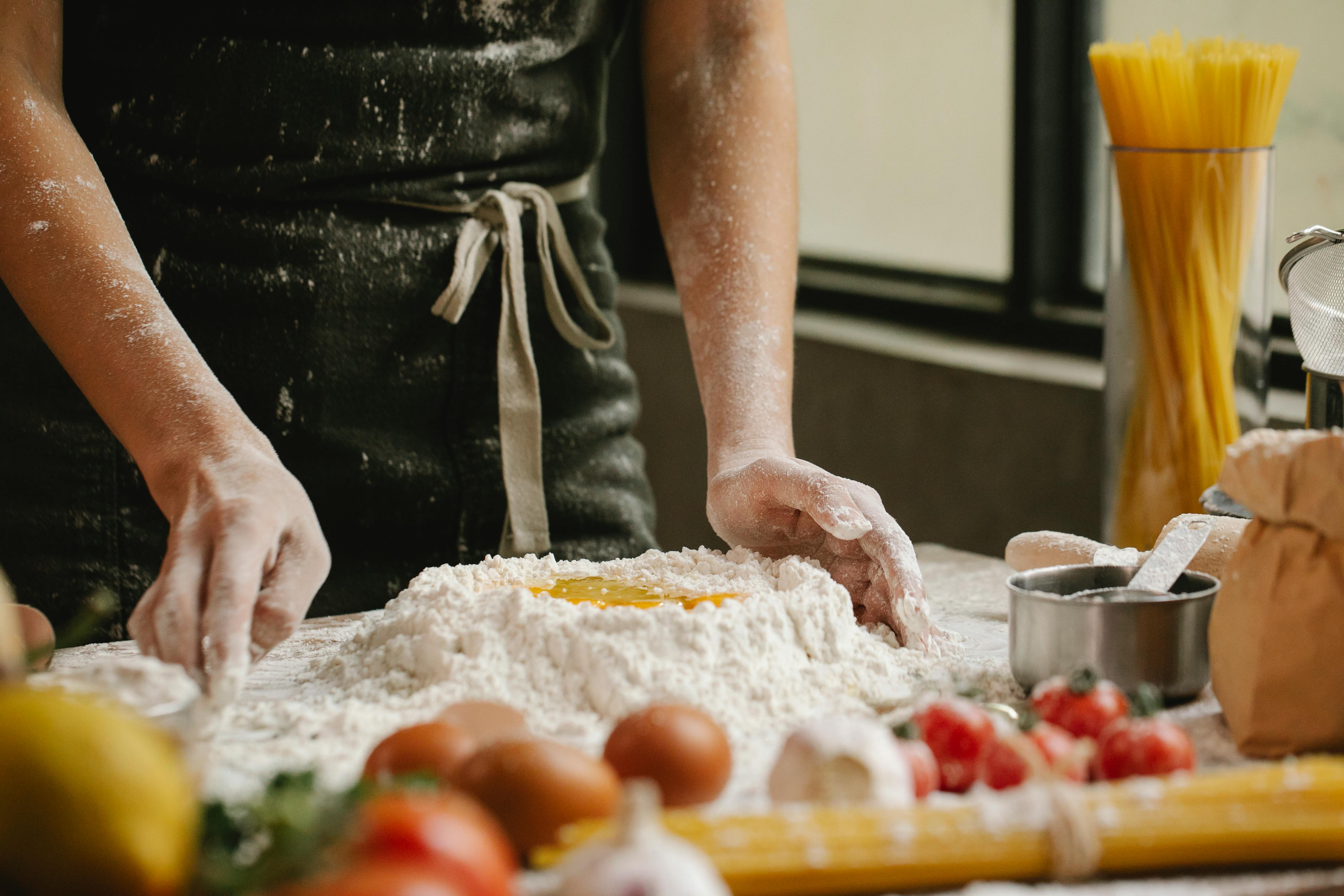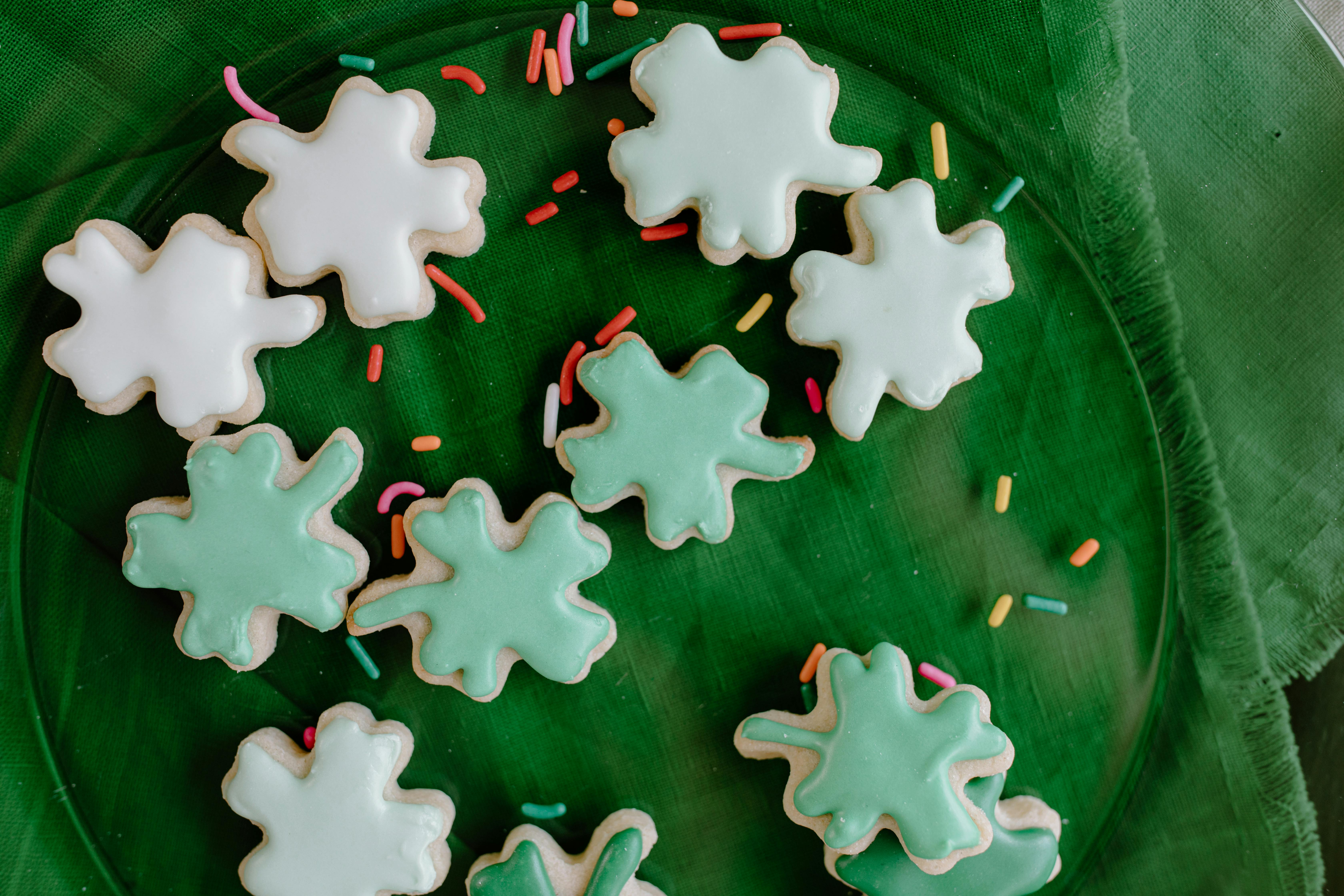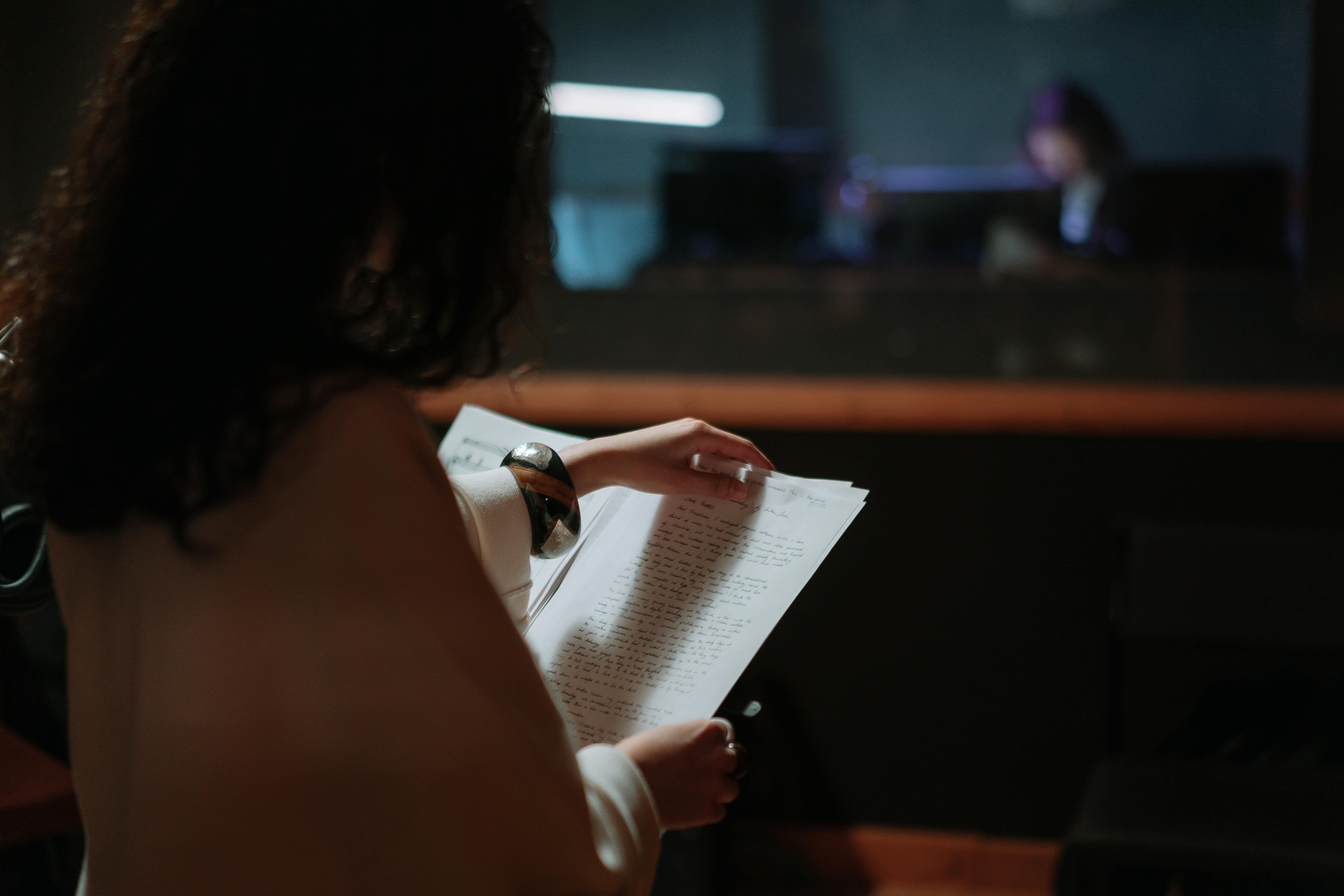Aging seniors face unwanted challenges. Duane was almost 80 years old when his girlfriend died. They had been together 57 years, spending their adult lives doing everything together. They raised a family, overcame difficult financial times, dealt with his previous health problems and then her Alzheimer’s-related health problems, while maintaining a strong relationship and a safe and happy home.
Like many couples, they each had their own areas of responsibility, with Joan mainly taking care of the house. Widowed, Duane had to learn to deal with all the ‘other’ stuff; all outside of his comfort zone. but he persevered. Adapting to physically doing all things was not very difficult because he had been picking up the slack as Joan’s health declined for eight years as her dementia/Alzheimer’s condition permanently derailed her abilities. Being alone since her death was a much more difficult adjustment. It has been an emotional, lonely and ongoing journey of mourning.
Since the pandemic, it is clear that there are many people like Duane. There are many older people who live alone, trying not to bother anyone and being independent. They try to maintain a structure each day. They try to lead a satisfying, active and acceptable life. However, as they age and experience the evolution of the aging process, they face new challenges. Some are not loved. Every birthday is usually accompanied by some unwanted guest, tiredness, muscle and limb pain, loss of independence. The dominant result is a greater dependence on others. The aging process robs them of discretionary independence.
Yes, they may have close friends and loving families who are striving to keep in touch, who may be allowed to visit with serious security measures during the pandemic. They live alone, still trying to take good care of themselves, some are fit and active, but COVID is sure to seriously affect their emotional, mental and physical abilities. Additionally, some like Duane struggle with physical disabilities. Your dependency: Emotional and physical needs require a different path. Interest in life and motivation to do things is limited. Happiness and hope are diminished by the COVID journey. TV and routine chores may not fully sustain them. The confinement “In prison do not pass go” may be their permanent position until the end of their lives. Since the COVID pandemic, as Duane says, “I’m in jail and I can’t get through, go collect $100 bucks!” The grievance is abundantly present. How do you navigate along your pain healing journey, when sorrows overwhelm you and an ache in your heart goes on and on, is a confusing question?
Therefore, you are not the first nor will you be the last to ask searching questions when sorrows take hold of you or an ache in your heart goes on and on. Physical challenges detract from independence; injury and loss magnify. A bereavement can cause an ongoing struggle with emotional and mental health challenges that weigh heavily on your soul as you suffer from grief, loss, and sadness with no hope of healing. There will be times in your life when neither your best physical and spiritual effort nor your fervent prayers of supplication will immediately produce the victories you have longed for.
“Healing blessings come in many forms, each tailored to our individual needs, as known to the One who loves us most. Sometimes a “healing” heals our illness or eases our burden. But sometimes we are “healed” when we are given strength or understanding or patience to bear the burdens that are laid upon us.” ~ Elder Dallin H. Oaks November 2006 Liahona
The important thing is to remember that you can get over your grievance and return to a better, happier place. You can look for inspiration. You can embrace your inner strength. You can start healing and start healing like a boss!
Or would you prefer to stay home nervous and stewed?
Remember:
“Cowardice asks the question: is it safe?
Convenience begs the question: is it political?
Vanity asks the question: is it popular?
Purpose consciousness asks the question: is it right?
And there comes a time when one must take a stand
that is not safe, nor political, nor popular;
but one must take it BECAUSE it is right.”
~ Dr. Martin Luther King, Jr.
There really is a time when you have to take a stand. You must take a stand on what you will do, and when you will be called upon to take action. Deciding what and when you will begin to stop grieving and begin to heal depends on your attitude. It’s your decision! What about now?




Recent Comments